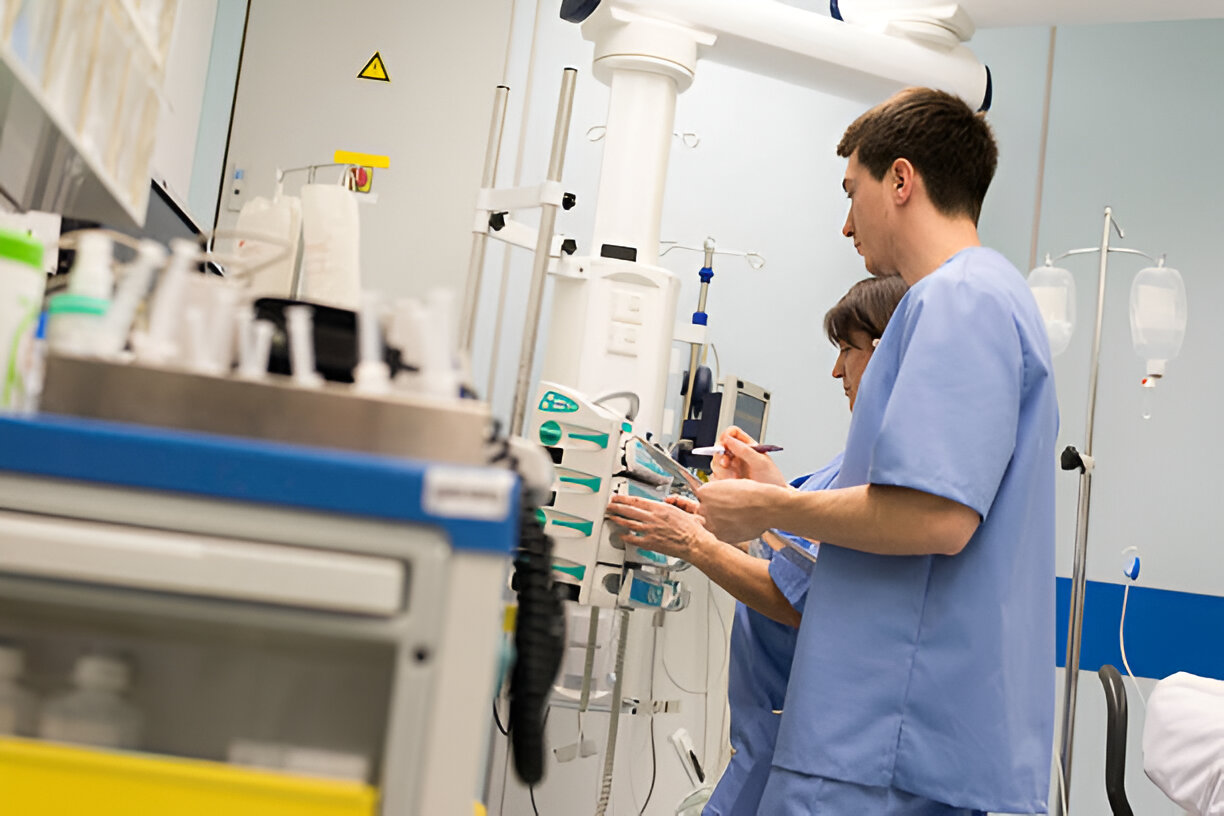How Clinical Research Centers in Florida Are Advancing Medicine
Florida has become a central hub for medical innovation, with numerous clinical research centers contributing to the advancement of modern medicine. Institutions like Tampa Bay Medical Research play a crucial role in conducting clinical trials that lead to groundbreaking treatments and medical breakthroughs.
The Role of Clinical Research Centers
Clinical research centers are at the heart of medical progress. They conduct studies that evaluate the safety, efficacy, and effectiveness of new treatments, medications, and medical devices.
Key Functions of Clinical Research Centers
- Conducting Clinical Trials – Research centers test new drugs and medical interventions to ensure they are safe and effective for widespread use.
- Data Collection and Analysis – These centers gather extensive medical data to improve treatment protocols and patient outcomes.
- Patient Education – Participants in clinical trials receive education about their health conditions and potential treatment options.
Why Clinical Research is Important
Clinical research is essential because it bridges the gap between medical discoveries and real-world applications. Without rigorous trials, new treatments would never reach the market, and patients would be deprived of potentially life-saving therapies.
Tampa Bay Medical Research: A Leader in Clinical Trials
Tampa Bay Medical Research has been at the forefront of medical advancements for over 40 years. It specializes in conducting high-quality clinical trials that contribute to the development of cutting-edge treatments.
Key Highlights of Tampa Bay Medical Research
- Expertise and Experience – The research team has a combined experience of over 100 years, ensuring the highest quality standards.
- Dedicated Medical Leadership – The center is led by Dr. Bollepalli, a board-certified endocrinologist with over 20 years of research experience.
- Community Outreach Programs – The facility offers free health screenings, such as FibroScans, to detect liver conditions like NAFLD and NASH.

How Clinical Trials Benefit Medical Advancements
Florida’s research centers have made significant contributions to various medical fields, leading to improved healthcare solutions.
Notable Contributions
- Development of New Medications – Clinical trials have led to the approval of innovative drugs for conditions such as diabetes, cardiovascular diseases, and autoimmune disorders.
- Advancements in Medical Devices – Testing and validation of medical devices help improve treatment outcomes and patient safety.
- Improved Treatment Protocols – Research findings inform best medical practices, leading to enhanced patient care.
The Impact on Public Health
Clinical trials not only benefit individual participants but also shape healthcare policies and treatment options for the wider population. They provide crucial data that help refine disease prevention and management strategies.
Collaborations with Academic Institutions
Florida’s clinical research centers often collaborate with top universities and research organizations to enhance their studies.
Example Collaborations:
- University of Florida Health (UF Health): One of the largest healthcare research systems in the region, UF Health contributes to groundbreaking discoveries.
- University of Miami Miller School of Medicine: This institution partners with clinical research centers to study innovative treatments for various conditions.
These partnerships provide access to state-of-the-art technology, funding, and expert knowledge, further accelerating medical advancements.
Community Engagement and Public Awareness
Research centers are actively involved in educating the public about clinical trials and medical research. This is crucial for encouraging participation and ensuring that trials are inclusive and diverse.
Community Initiatives
- Health Screenings: Free screenings help detect conditions early, leading to better treatment outcomes.
- Educational Workshops: Public events raise awareness about diseases, treatment options, and the importance of research participation.
- Patient Testimonials: Sharing success stories builds trust and encourages more people to take part in trials.
Innovations in Neurological Research
Florida’s research centers are making significant contributions to understanding and treating neurological conditions.
Notable Research Institutions:
- McKnight Brain Institute (University of Florida): A leading facility dedicated to studying brain and nervous system disorders.
- Miami Project to Cure Paralysis: Focused on spinal cord injury research and groundbreaking treatments for paralysis.
These institutions, along with clinical trial facilities, help develop new therapies for conditions like Alzheimer’s, Parkinson’s, and multiple sclerosis.

Enhancing Patient Access to Innovative Treatments
Many patients who participate in clinical trials gain early access to groundbreaking treatments before they are widely available.
Key Benefits for Patients
- Early Access to New Therapies – Participants can receive experimental treatments that may not yet be available to the general public.
- Comprehensive Medical Care – Regular check-ups and monitoring ensure that participants receive high-quality medical attention.
- Contributing to Scientific Progress – Patients play a vital role in advancing medical knowledge and improving future treatments.
Ethical Standards and Regulatory Compliance
Strict ethical guidelines ensure that all clinical trials are conducted safely and responsibly.
Regulatory Safeguards
- Informed Consent: Patients receive full information about the trial before participating.
- Ethical Review Boards: Institutional review boards oversee all research to protect participants.
- Continuous Monitoring: Ongoing evaluations ensure compliance with safety protocols.
Ensuring Safety and Ethics in Clinical Trials
Participating in clinical research requires strict adherence to ethical guidelines and safety protocols to protect clinical trial patients.
- Regulatory Oversight – Clinical research centers in Florida follow FDA regulations and ethical standards to ensure patient safety.
- Informed Consent – Patients are fully informed about potential risks, benefits, and study procedures before participating.
- Monitoring and Support – Medical professionals closely monitor clinical trial patients to address any health concerns.
- Data Protection – Patient information is kept confidential and secure, following HIPAA regulations.
By prioritizing safety and ethics, clinical research centers in Florida build trust with clinical trial patients and contribute to groundbreaking medical advancements.
The Future of Clinical Research in Florida
Florida’s clinical research landscape is rapidly evolving, with new trends shaping the future of medical science.
Emerging Trends in Clinical Research
| Trend | Impact on Medicine |
| Personalized Medicine | Treatments tailored to individual genetic profiles. |
| Telemedicine in Research | Remote trials increase accessibility for participants. |
| Artificial Intelligence | AI enhances data analysis and trial efficiency. |
These advancements will lead to more precise, effective, and accessible healthcare solutions.
Conclusion
Clinical research centers in Florida, such as Tampa Bay Medical Research, play a vital role in advancing medicine. Through innovative clinical trials, collaborations, and community outreach, they are shaping the future of healthcare.
By participating in clinical trials, patients not only access new treatments but also contribute to the greater good of medical science. With ongoing innovations and research, Florida remains a leader in pioneering medical advancements.
For those interested in learning more or participating in a clinical trial, visit Tampa Bay Medical Research today.



